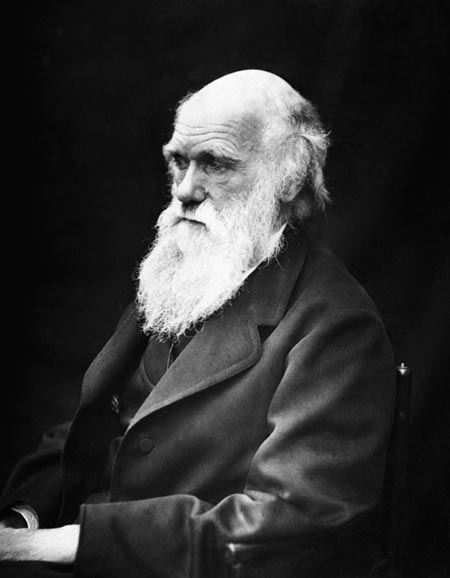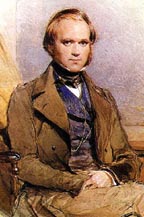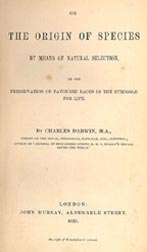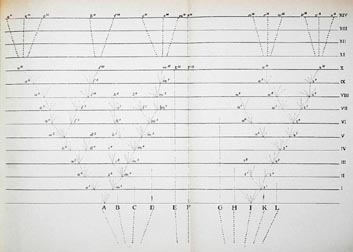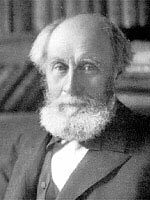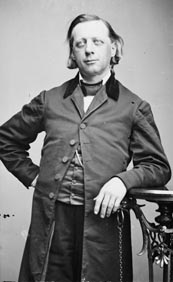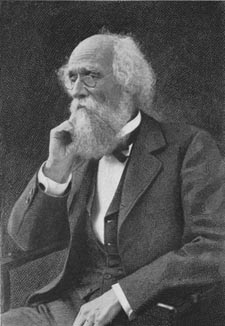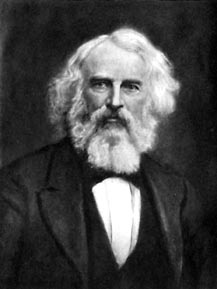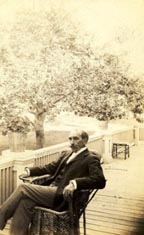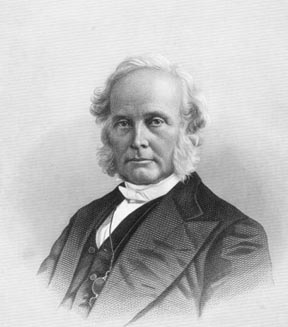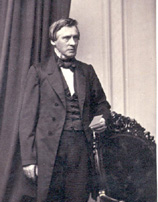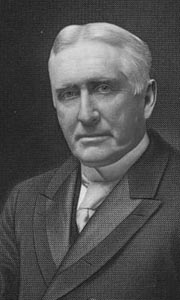|
If ever there
was a contradiction in terms it must surely have been Christian Darwinism.
The name Christian might have been annexed to anti-Darwinism or perhaps
to some version of evolution which did honor to the purposes and character
of the Creator, but never, surely to that theory set forth by the agnostic
naturalist Charles Darwin. Yet Christian Darwinism did exist-the appellation
was used as early as 1867-and its representatives on both sides of the
Atlantic were among the ablest and most orthodox of the post-Darwinian
controversialists.
James
Iverach (1839-1922) was a professor of dogmatic theology and of
New Testament at the Free Church College in Aberdeen. The form in which
Iverach thought Darwin's theory might safely be held was not one of
agnostic evolution. The work of science is strengthened by the religious
conviction that nothing occurs by chance. Darwin's theory of biological
evolution by natural selection could be seen from two points of view,
one strictly scientific and the other teleological. For the first, natural
selection offers only a fragmentary conception of nature. From the second,
the religious viewpoint, natural selection is seen as it truly is: as
an expression of the sum total of causes, internal and external, which
have transpired to the end that just those forms of life which are currently
observed should exist. Interpreted thus, natural selection does not
damage the argument from design but actually strengthens it.
Featured
work:
Theism
in the light of present science and philosophy / by James Iverach.
New York: Published for New York University by the Macmillan Co., 1899.
In the last
two decades of the nineteenth century Aubrey Lackington Moore (1843-1890)
was the clergyman who more than any other man was responsible for breaking
down the antagonisms toward evolution then widely felt in the English
Church. Unlike many theologians of his generation, Moore learnt to understand
the scientific enterprise as scientists themselves understood it. His
was a theology which refused to connect the Christian faith necessarily
with evolution or the denial of evolution, but which held that evolution
should be specially attractive to those whose first thought is to hold
and to guard every jot and tittle of the Catholic faith. Faith is not
dependent on any particular understanding of organic origins, for whatever
science may reveal as the method of origination, it is, after all, only
a revelation of God's method of creation. Evolution or creation is thus
a false antithesis. A Christian's controversy with a Darwinian agnostic
is a controversy with his agnosticism, not his Darwinism.
Featured
work:
Science
and the faith: essays on apologetic subjects / by Aubrey L. Moore.
3rd ed. London: K Paul, Trench, Trubner, 1892.
|
